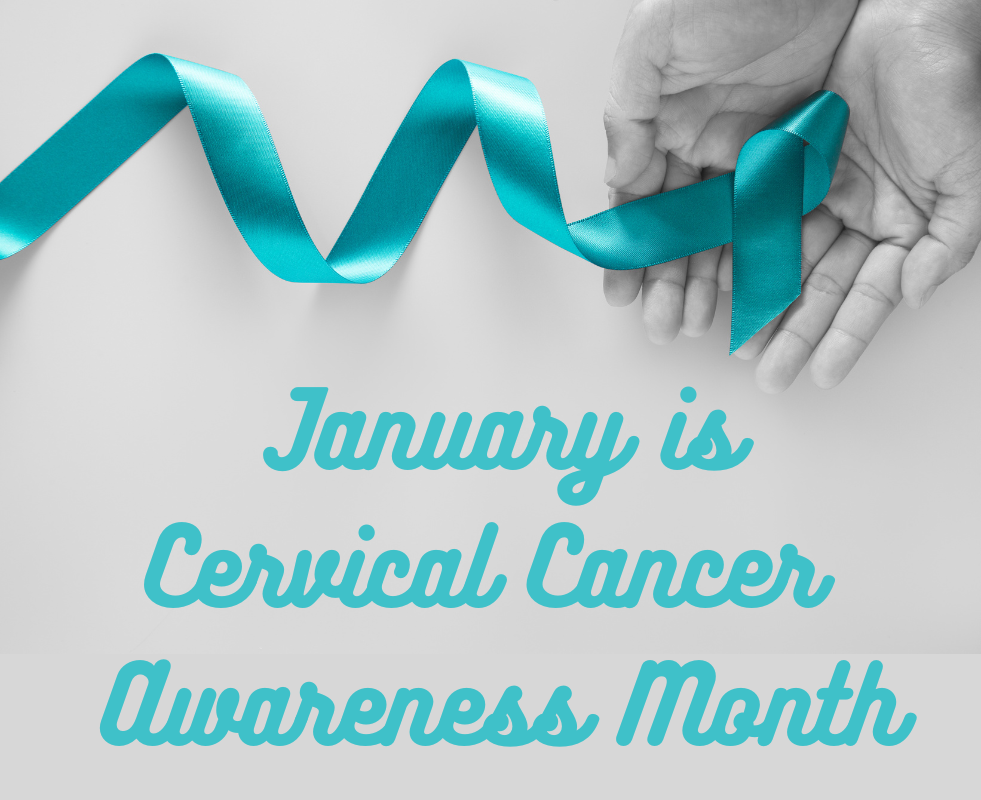January is cervical cancer awareness month – ironic in a way, when many people are undertaking ‘Dry January’ to counteract the excesses of Christmas and New Year, that we are focusing on a tiny part of the female body about the size of a champagne cork. The cervix protects the uterus and has an essential role in pregnancy and childbirth. It is also the most common site for gynae cancer in younger women.
Cervical cancer affects more than 70,000 women in the Americas every year and nearly half of those will die of the disease. Sadly, the number of deaths is three times higher in the Caribbean and Latin America compared to North America. These statistics are even more tragic when you know that almost all cervical cancers are preventable, because they are caused by a virus against which we have a vaccine.
HPV (Human Papillomavirus) will affect about 8 in 10 people at some point in their lifetime. It is transferred from person to person by close or sexual contact and most people will get rid of it and never know they had it. For some people though it resists eviction, hanging on for many years, eventually causing cell changes which may ultimately become a cancer. By vaccinating our young women and men before they become sexually active we are protecting them against HPV and limiting the spread of the virus in our community. HPV testing alongside your pap smear (cervical screening) helps us to monitor and act on HPV infections appropriately.
Cervical cancer is a terrible disease, but through vaccination and HPV cervical screening we have a good chance of eradicating this disease in our society. So, if you are a woman aged 25 or over make sure to discuss HPV cervical screening with your GP or Gynaecologist; if you are aged 9-26 get your HPV vaccine; and if you are 27-45 discuss the vaccine with your healthcare provider to see if you might still benefit. If you smoke or vape try to quit as this will also help to get rid of HPV in your body – your GP or internist may be able to help with this too.
I still feel a strange sense of surprise that a virus can cause cancer. With vaccination and HPV screening there is a real chance we could see the end of that cancer within our lifetime. How amazing would that be!!
Dr Laura Hole
MBBS, BSc, MRCOG
OBGYN with special interest in gynae cancer and precancer

